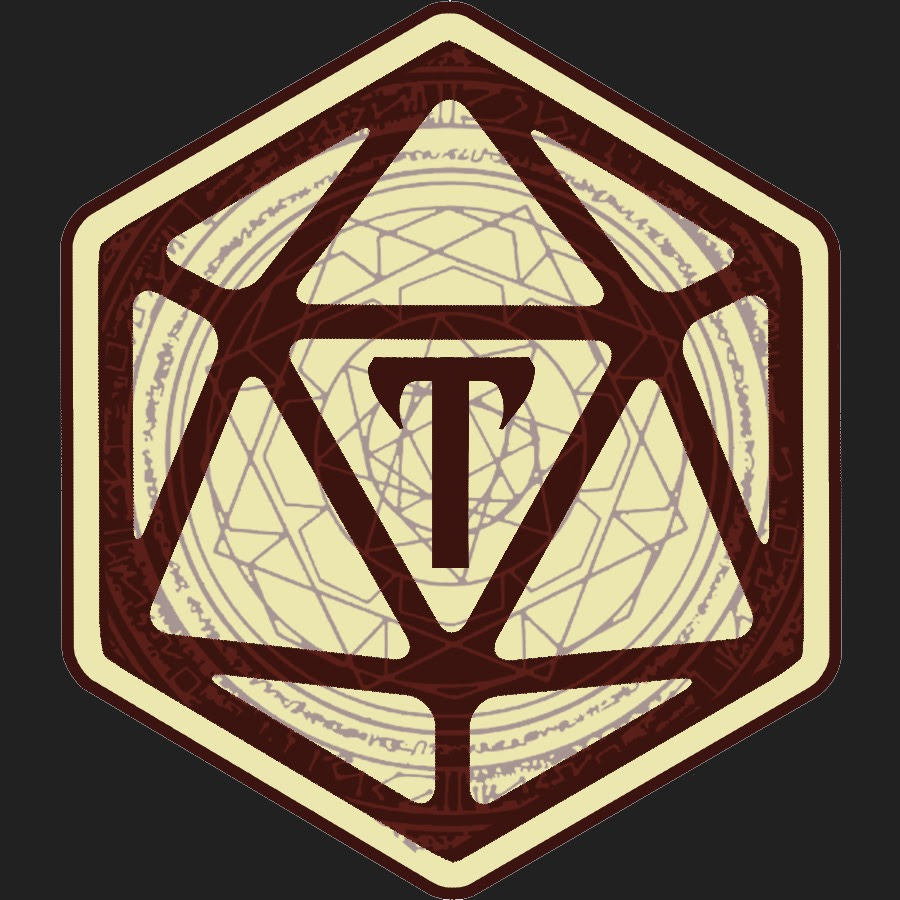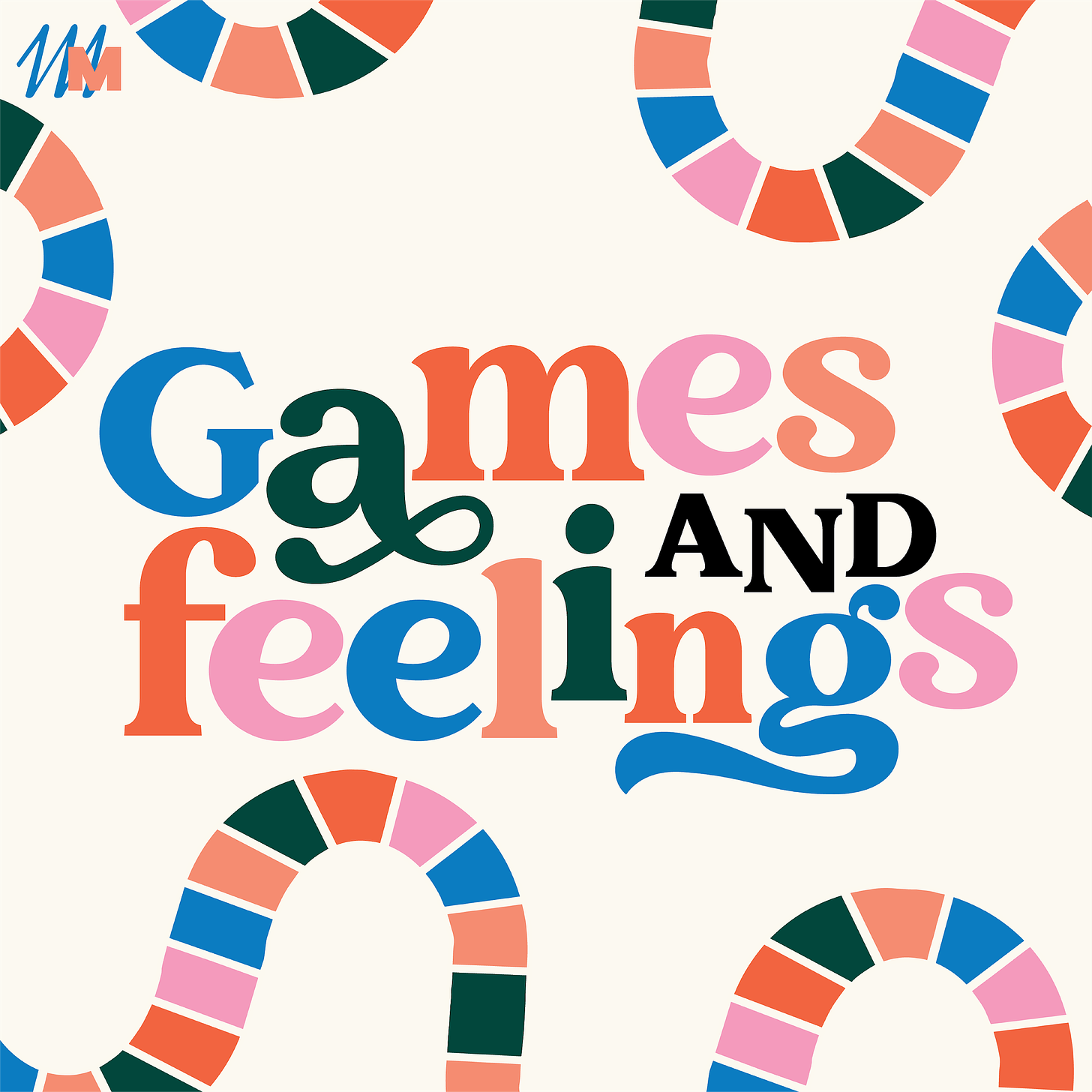Big news for My First Dungeon…
We’ve been selected for the 2023 New Jersey Web Fest!
This is the first festival we’ve been selected for and are joined by an amazing group of other actual play shows like Planet Arcana, Party of One, and Kill Every Monster. We’re really excited to be selected for this festival and can’t wait to attend in September.
Newsletters You Should be Reading
A Primer on the TTRPG Newsletters We Love
We’ve been writing this newsletter for a little while now and I think it’s high time to take a moment to highlight some of the other great newsletters that we look forward to seeing in our inboxes.
The Soloist
By
| Bi-Weekly (Sunday)“For anyone who plays, creates, or is curious about solo TTRPGs and GM-less RPGs.”
For my money, The Soloist is one of the best TTRPG newsletter out there and certainly the best when it comes to solo and GM-less games. Patrick is an excellent writer and his interviews pull the best out of his subjects. Special shoutout to his latest creation: The Inquiracle, a self-interview microgame where creators roll a d20 to determine a “theme” and a “subject” to create a question they will answer. It’s a novel way to create unexpected questions that I always enjoy reading.
The IndieRPG Newsletter
By
| Weekly (Sunday)“A curated weekly list of articles and media about indie RPGs.”
If you’re reading this newsletter you probably already know about The IndieRPG Newsletter. Thomas has his finger on the pulse of the indie TTRPG scene and reading his newsletter is a great way to keep up with all the best current and upcoming projects and events. With over 150 issues over the past three years, it is one of the most consistently valuable emails in my inbox each week and is an archive I reference often.
By John Power (and additional contributors) | Weekly (quarterly magazine)
“Wyrd Science is a new, quarterly, magazine for those exploring the strange worlds and new horizons of roleplaying games, war games, and board games.”
Wyrd Science is exactly the magazine I want to make. Their interview with Kieron Gillen was part of the reason our DIE season even happened. Each quarterly issue is incredible and I want to make sure they continue for a very long time. Go buy their first four issues on wyrdscience.online or on itch.io and subscribe to this newsletter to get a great grab bag of TTRPG writing between issues. This is exactly the kind of work our community should be supporting because it is just so damn good.
By Lin Codega | Brand New!
“A selfishly me-focused pop culture newsletter that I will use to share my own writing as well as the writing that I wish I wrote. It’s all the stuff io9 wouldn’t want and nobody else would pay me for. Very Personal Blog Vibes.”
Lin Codega is without question the most influential TTRPG writer working today. Their excellent reporting on the D&D OGL fiasco forced WotC to pause and re-evaluate their plans for the new OneD&D open game license and has been nominated for numerous awards including the Diana Jones Award for Excellence in Gaming and an ENNIE. Their Gaming Shelf column on io9 is one of the best spotlights for indie TTRPG creators out there and a feature from Lin is a feather in any game designer’s cap. If you, like me, already love everything Lin writes, you should be even more excited for a space where the gloves can really come off and where they have the freedom to cover whatever niche content they choose.
Thaumavoria
By
| Varied Schedule“The musings, interviews, and announcements of Dave Thaumavore a YouTube reviewer of indie and 3rd party TTRPGs.”
Dave does a lot of cool things with Thaumavoria, but my favorite is undoubtedly his long form interviews. If you’re looking for a good deep dive with a great game designer like Kelsey Dionne of Shadowdark, Felix Isaacs and Ray Chou of The Wildsea, or Sean McCoy of Mothership, then Thaumavoria is absolutely the newsletter for you.
Building Interesting Characters
Five Paths to Deeper Characters
Whether you're a player or a GM, you've probably had to ask yourself one of these questions: Why didn't people find this character more interesting? How could I have built my character to be more engaged with the world? And, most importantly, how can I make everyone at the table want to talk to this character?
Here are five helpful strategies to make your characters more captivating.
1. What’s in a name?
A character's name says a lot about them. Whether you’re playing an orc warrior or a human kid from the suburbs of Indiana, your name is essential. Every character you encounter will have a judgment about you based on your name.
If you’re trying to play a more zany, crazy character, you might want a name that fits that tone. For example, if you want to play a character that is a bit of a wildcard, but you name them Michael Thomas, you can still be a wildcard, but that isn’t immediately evident to everyone at the table. If you’re in a character creation session that requires others to answer questions about your character—like 10 Candles or Wanderhome—you may not get those zany attributes from other players. However, if you name your character Dart, people at the table will immediately have an opinion of who this person is. Dart might be the character that is always high on sugar and bouncing off walls. A name helps you portray your vision to everyone else at the table.
2. Wants and needs.
This one might be familiar to readers of my earlier comedic choices article. Wants and needs are important not just for comedic choices, but for character building in any game, regardless of genre. Understanding what a character wants versus what they need will help you make informed decisions that are true to that character. For instance, if you’re playing a character that wants to be famous but needs close friends at some point, they may decide to betray their friends for fame. Where your character is on their journey of recognizing their want vs. their need will dictate their decision, but knowing this about your character will help you tell their story honestly.
3. History is important.
You’re playing your character in a specific moment of their life, but everyone has an identity and experience that has shaped who they are. Thinking about your character’s backstory before jumping into your first session is the best way to know who you’re playing. While writing a backstory can look like many different things, here are some questions you may want to ask yourself and expand on depending on your time.
What is your relation to your family?
How do they make money?
If Google was real in your game, what would come up if you Googled your character?
What significant events have shaped your character’s perspective?
What is one moment that your character remembers fondly?
What is a secret they haven’t shared with anyone?
Do they have any regrets?
What’s their favorite thing to do?
Who is their biggest enemy, and why?
What are your character’s biggest pet peeves?
You don’t have to answer all of these, and there are so many more questions you could ask, but answering just a few of these kinds of questions can help you create a more dynamic character.
4. What are your character’s mannerisms?
Everyone acts differently in different spaces. Everyone has certain ticks or manners of speaking. It’s such a simple thing, but it can be pretty complex. For example, if you’re playing a robot that is just gaining sentience, you might ask how they navigate the world. To gain some perspective on this, ask how they order from a server. A newly sentient robot may interrupt the server and not be very polite.
Your friends all have different ways of doing things, as will characters in a TTRPG. A great example is from Big Hero 6. When animators wanted to know how different character would navigate their world, they animated how each character would sit in a chair based on how they were written. This exercise taught them so much about the characters they were creating. Something as simple as sitting down draws out so much of the richness of this character’s existence.
5. Voice or no voice?
Players will sometimes wonder if they need to do a voice to make their characters exciting. The answer is absolutely not. Can it help? Yes, of course, but a silly voice or an accent isn’t a requirement to make a character interesting. This may even be a warning that just doing a voice doesn't make a character interesting. It’s the holistic character that makes them interesting to follow.
That said, a voice can undoubtedly contribute to building that understanding. For example, if you’re playing a fierce warrior that has seen some dark stuff, a gruff voice might be fun to play with here. Somebody can simply do this by using their regular voice and taking a different cadence, changing their inflection or volume of speech, or adopting some character-specific slang or vocabulary. Think of voices as sprinkles on ice cream. It’s fun to have, but not necessary at all.
Congratulations, you are now a Renaissance artist of creating TTRPG characters. Go forth and make your beautiful, engaging, and horny characters!
In Other Media:
Brian was on the latest episode of Games & Feelings with Eric Silver and Jasper William Cartwright. They talked all about actual play production and dove into the nitty gritty of how to play games for an audience and gave as much advice as they could fit into an hour and a half. It was a really fun time.





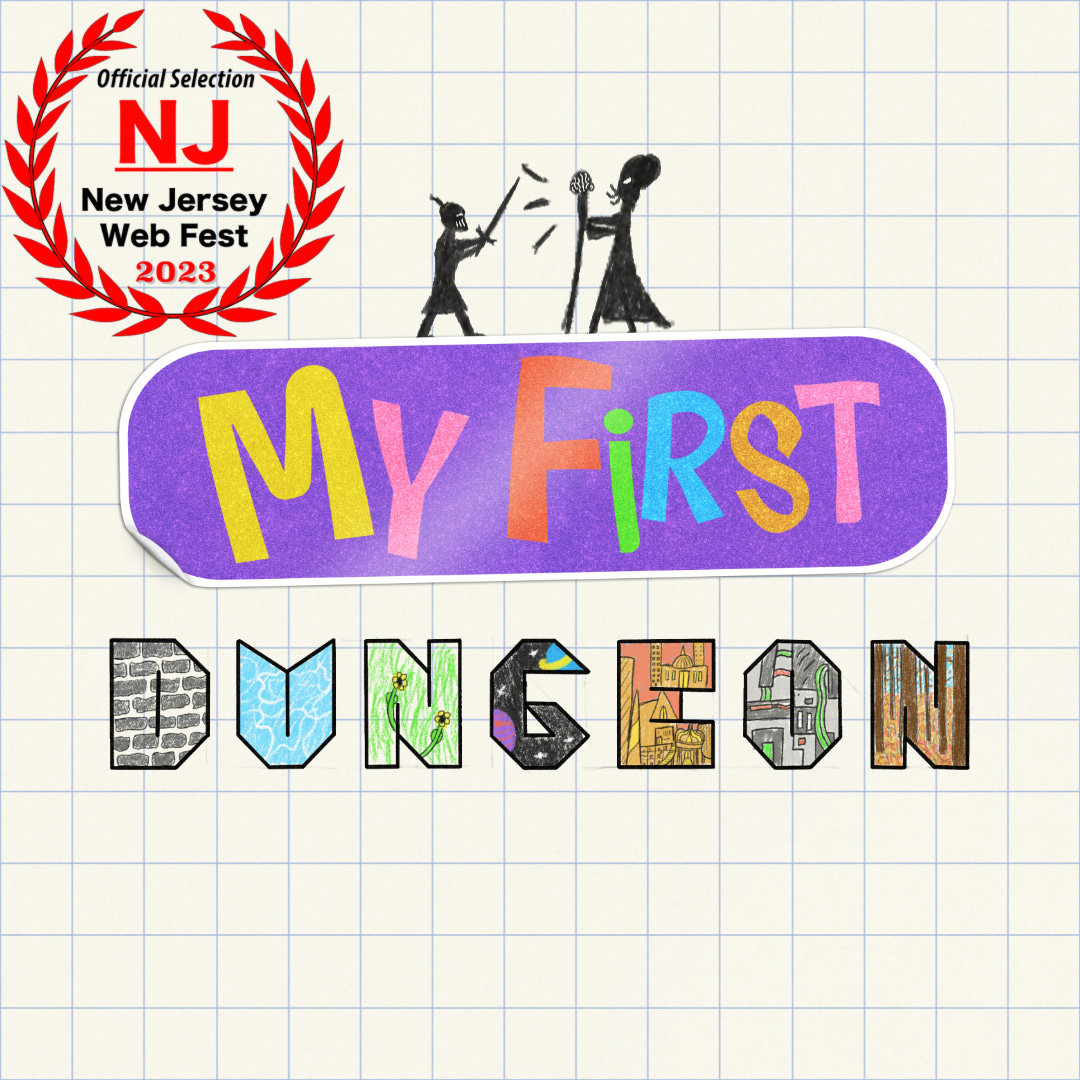
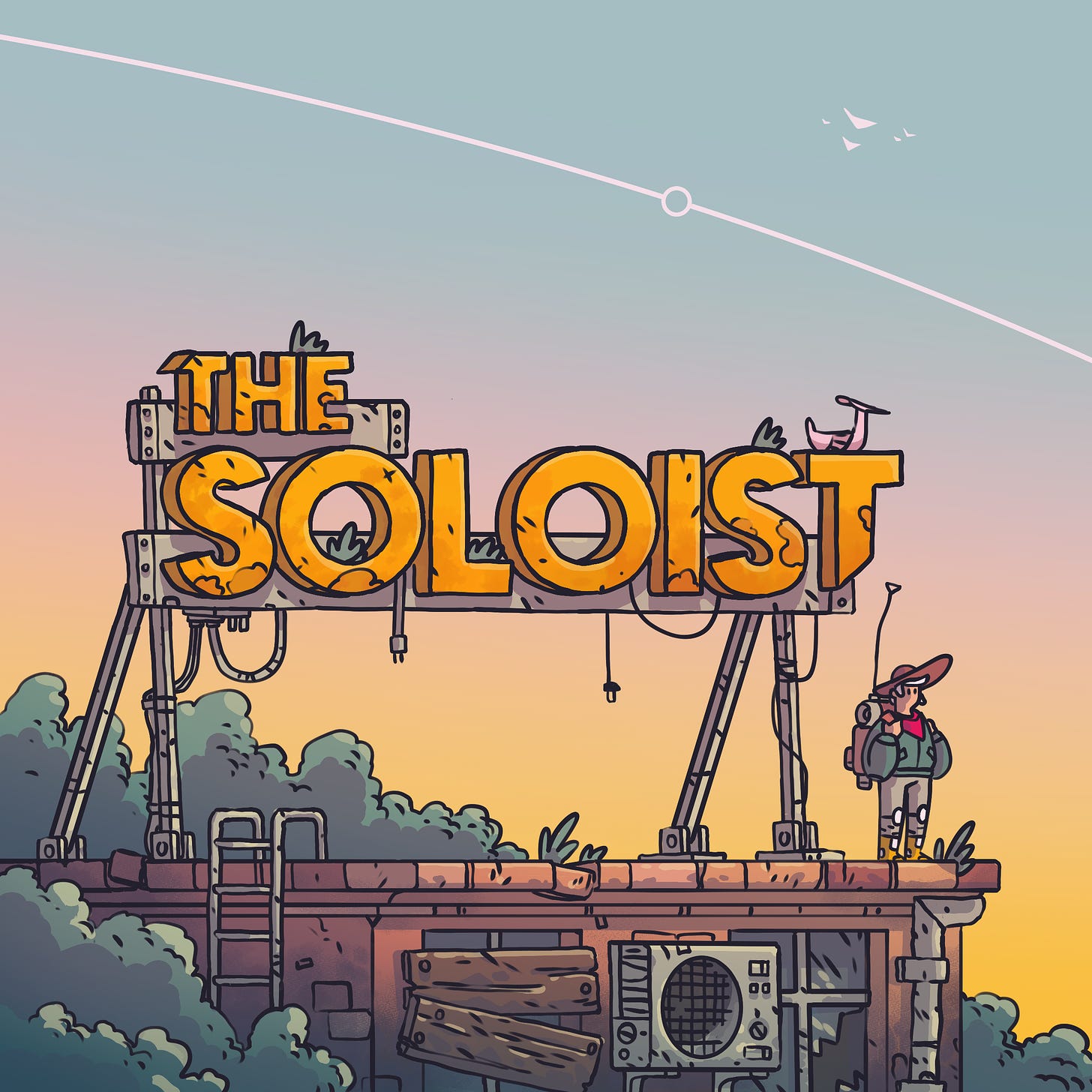
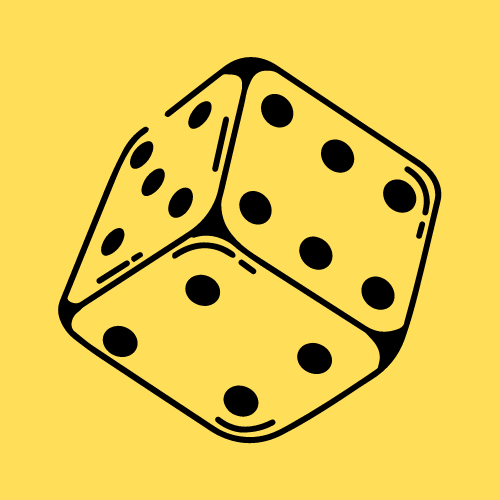
![Wyrd Science - Vol. 1 / Issue 4 [Print + PDF] Wyrd Science - Vol. 1 / Issue 4 [Print + PDF]](https://substackcdn.com/image/fetch/w_1456,c_limit,f_auto,q_auto:good,fl_progressive:steep/https%3A%2F%2Fsubstack-post-media.s3.amazonaws.com%2Fpublic%2Fimages%2F1b1ad18a-e5df-4643-9b62-6cb6ceb677cb_980x980.jpeg)

